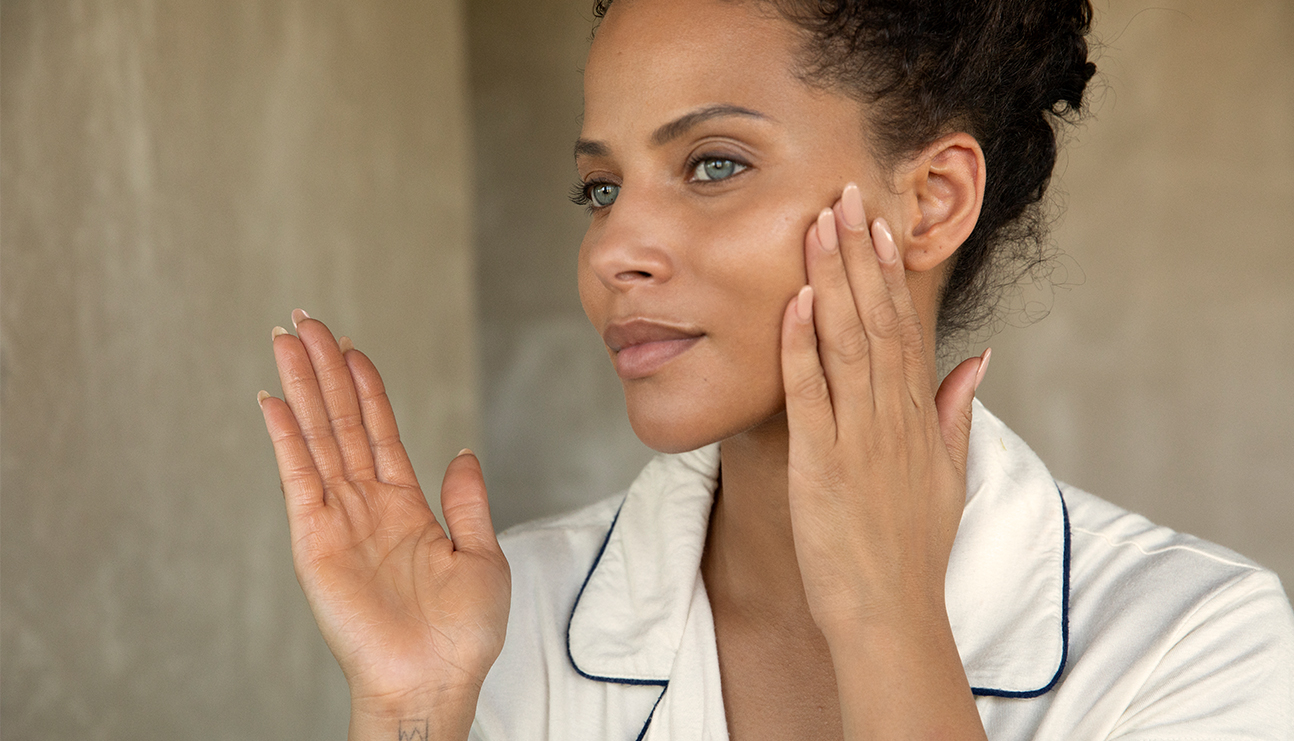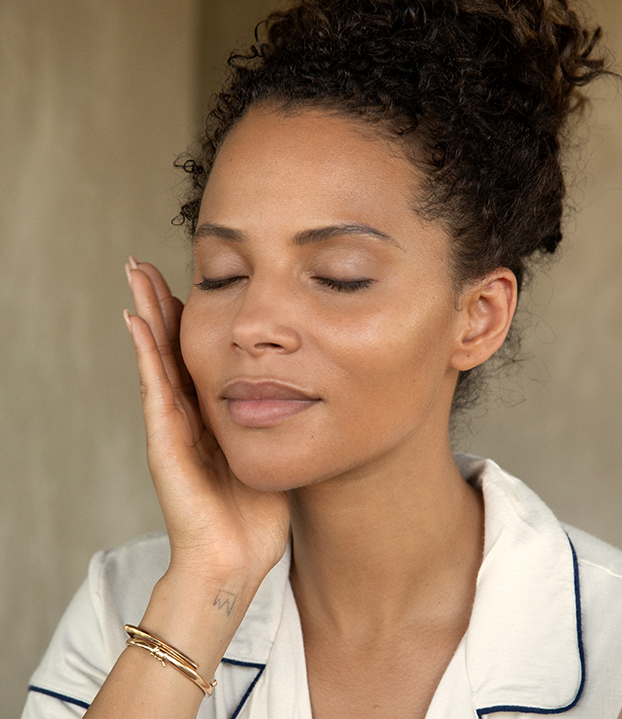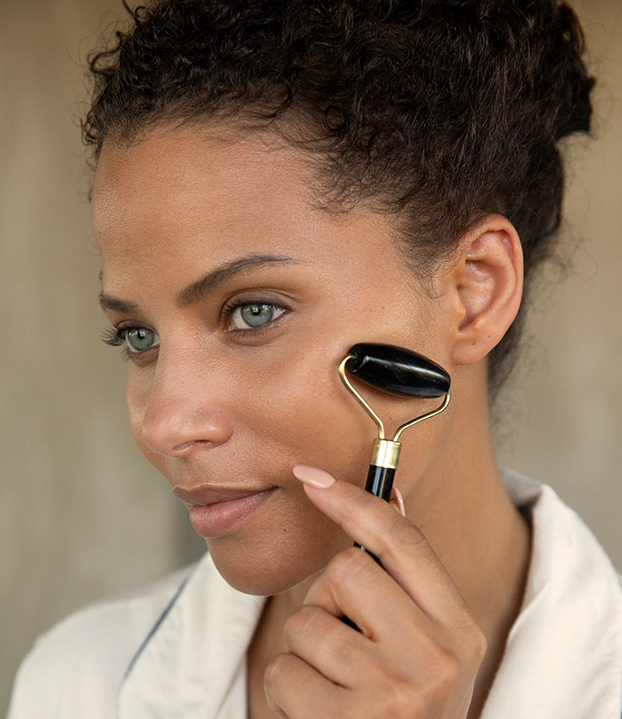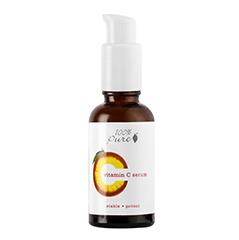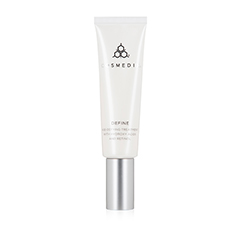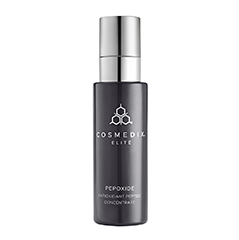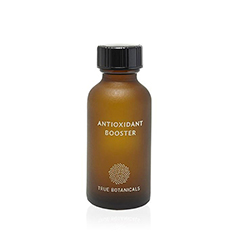Which Serum Could You Use For Better Skin?
MAED
In the last ten years, the beauty industry has seen many skincare products come and go.
Serums, however, have lasted. They also have continued to gain popularity as the years have progressed and research shows that the global facial serum market is only expected to grow between now and 2025. So what exactly are serums? Should we all be using one?
When, how and why? We turned to one of MAED’s favorite dermal clinicians, James Vivian of James Vivian Dermal Therapies, to break it down for us.
What are serums?
Serums are mostly water-based, specialized liquid treatments that are concentrated with active ingredients. The ingredients, Vivian explains, “when formulated intelligently, should help a specific or group of specific concerns.” These concerns can be anything from acne to dehydration, redness, dryness and hyperpigmentation or a combination of multiple issues. Often referred to as supplements for your face, serums penetrate the skin at a deeper level, unlike creams that simply sit on top of the skin. They are thin and fast-absorbing so they work best layered underneath your moisturizer.
Serums tend to be on the pricier side, but due to their highly concentrated makeup, a small bottle will last several months.
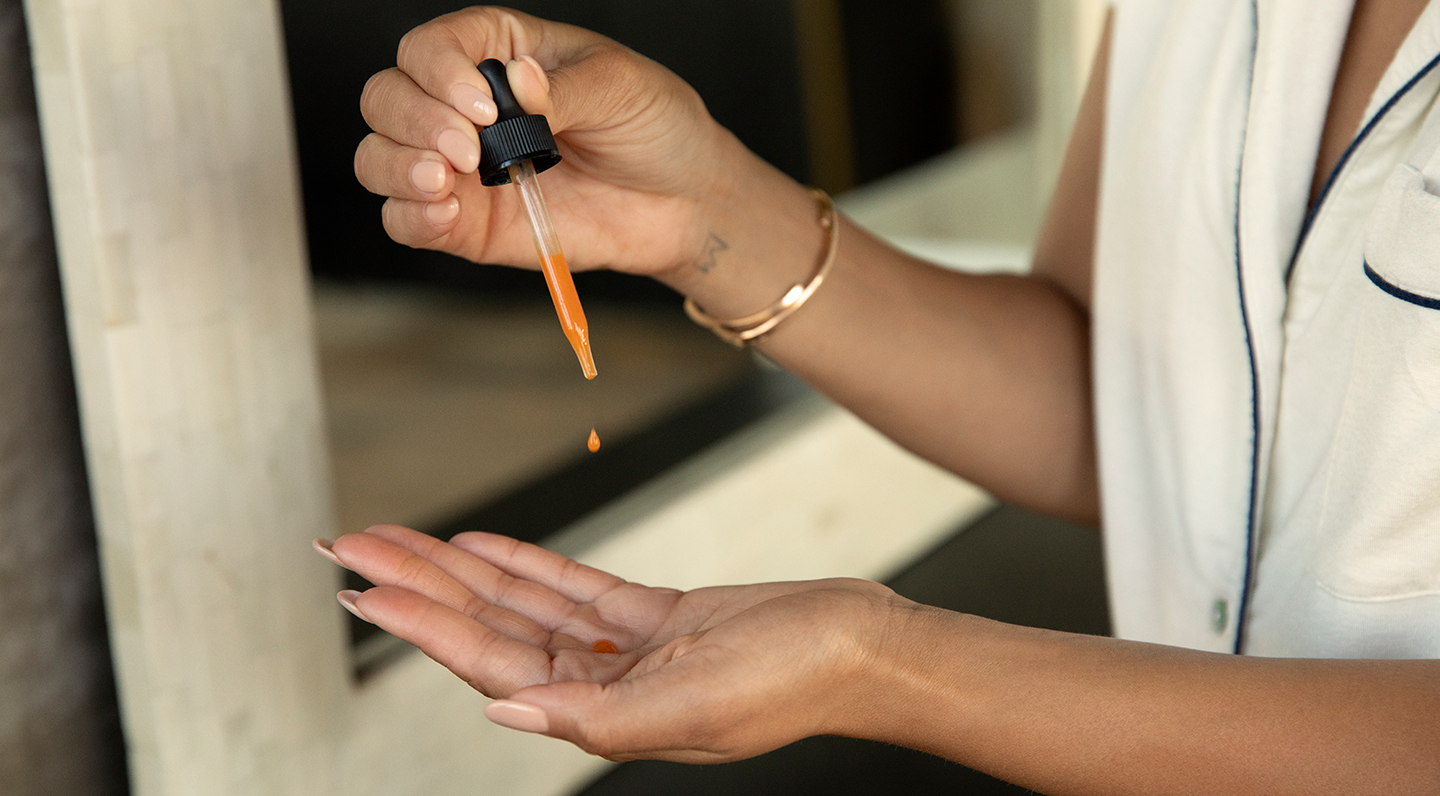
Are serums right for you?
Vivian says serums aren’t age-specific. They can help anyone with skin concerns, be it a teenager with hormonal acne or a woman in her mid-fifties battling hyperpigmentation.
At the end of the day, serums are designed to help treat your specific skin concerns, but they are not a magical cure-all for perfect skin.
“Yes you can have the best serums in the world, but if you don’t have the basics right, you might as well forget about it,” Vivian says, emphasizing the importance of a good skin routine.
He also notes that there is a difference between the slight tingling that comes from active ingredients and burning. Some skin types can only tolerate low concentrations of active ingredients such as vitamin C and vitamin A and it’s best to see a professional if you aren’t sure.

Choosing a serum.
So how do you choose the right serum for you? Specific active ingredients are helpful for different issues. Find a serum to match your own skincare needs.
Oily skin: Overactive sebaceous glands lead to oily and acne-prone skin. Vivian recommends looking for a serum that includes a beta hydroxy acid (BHA) such as salicylic acid because it is oil-soluble. Vitamin A and Vitamin B are also great to help regulate oil production.
Dry skin: The best ingredients for dry skin will stimulate and restore ceramides, the naturally-occurring special oils in the skin. These ingredients are alpha hydroxy acids (AHAs) such as lactic acid, and Vitamin B. The loss of ceramides in the skin not only leads to dryness in the skin but is also a huge contributing factor to wrinkles.
Dehydrated skin: Different from dry skin, dehydrated skin is lacking water, not oil. The best active ingredient for dehydrated skin is hyaluronic acid as it binds water from the deeper layers of your skin as well as from the environment. Better-crafted serums will even have different weights of hyaluronic acids that will all target different layers of your skin.
Dull skin: This is usually due to a lack of exfoliation. Waiting to be removed, the top layer of the skin sits old and worn. Brightening serums and serums with exfoliating attributes can help dull skin. Common active ingredients to combat dull skin are AHAs and BHAs; these act as exfoliants for the skin. Vitamin C is also an ingredient to help brighten up dull skin.
Unrefined textured skin: To help refine the texture of your skin, look for a serum with vitamin A, AHAs and BHAs. The vitamin A will help to speed up the cell turnover rate of your skin and the hydroxy acids will work as exfoliants “to rake up the leaves,” as Vivian puts it.
Age management: One of the most common skin concerns, age management, can be helped with a variety of active ingredients. Typically, an anti-aging serum will be high in antioxidants, peptides, growth factors and stem cells in order to keep skin looking young and fresh.
Hyperpigmented skin: This is usually caused by excess production of melanin. A serum targeting hyperpigmentation should have high levels of vitamin C, vitamin B, licorice extract and arbutin, a melanin-inhibitor.
Irritated skin: This kind of skin is the most sensitive and the irritation can be caused by anything from food allergies to overly aggressive skincare routines. You’ll want to find a serum with calming ingredients that will help combat the inflammation. Good examples of these ingredients are algae, green tea, beta-glucan and vitamin E.
How do you apply a serum?
Keep in mind that a little goes a long way. A drop/pump or two is potent and effective enough.
Remember, your serum should only be applied to a freshly cleaned face.
Warm and activate the serum by rubbing it in between your hands. Then gently press the serum into your face till it is all absorbed.
Vivian encourages massaging the serum into the skin. Here at MAED we love working serum in with a jade roller.
Depending on the kind, serums can be applied day and night. Typically, the daytime serums will be more geared toward protecting your skin from the environment and excess cold and heat. You can also use a brightening serum to get that all-day glow.
Nighttime serums will focus on repairing any damage done to your skin during the day, and they’ll be filled with repair enzymes, growth factors and stem cells.
When using multiple serums, those of similar fluidity can be combined together and applied on the skin. If the serums are of different fluidity, Vivian says a rule of thumb is to layer water-based formulas first, then gels, then creams and oils as the final step. This allows for maximum absorption. If you’re dealing with inflamed or irritated skin, Vivian suggests refrigerating your serum to add a calming element to the application.
It’s important to note that each person’s skin reacts to ingredients differently and we advise you to discontinue any serum that causes excess redness, irritation or burning. We recommend seeking professional advice on the kind of serum suitable for your skin.
James Vivian is a well-known and highly-respected dermal therapist based in Australia. The driving force behind James Vivian Dermal Therapies, Vivian lives and breathes beautiful skin and has grown his business from a single operator in-home clinic to an expert team of skincare professionals with permanent bases across two states.



